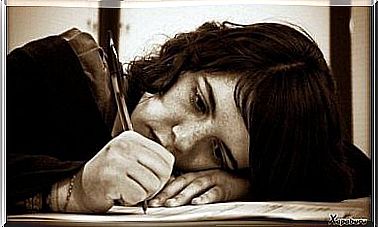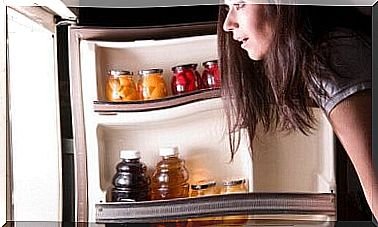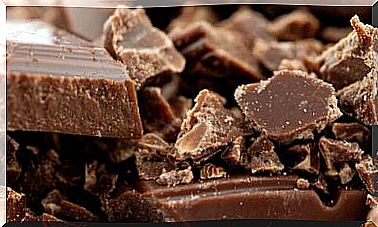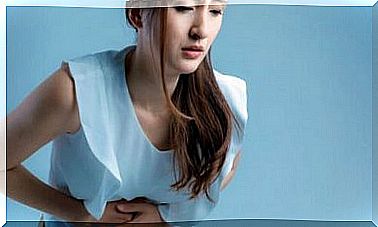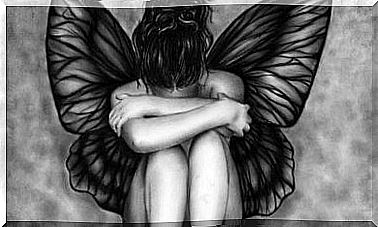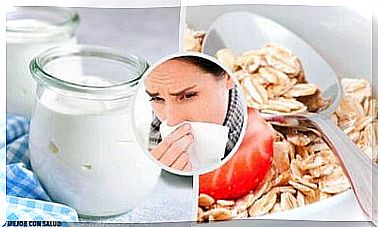8 Symptoms Of Liver Disease
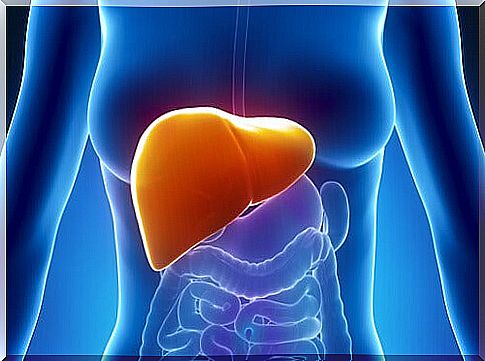
The liver is an essential organ in our body. Numerous basic functions of this organ are indispensable for good health and ensure the correct functioning of our body. It is important to be able to recognize the symptoms that could indicate certain liver conditions.
You should know that the liver essentially has three basic functions: to purify the blood by removing toxins and cells that are no longer useful, to help synthesize carbohydrates and fats, and to prevent bleeding.
The liver also has a fantastic storage function. Thanks to this organ, we can store vitamins A, D, K and E, which are necessary for obtaining energy.

1. Nausea
This is the first and most obvious symptom of liver disease. For example, you may feel bad after a meal or you may have a feeling of heaviness in your gut, along with nausea, dizziness and even vomiting.
However, there is no need to worry right away, as these symptoms can have many other causes as well. So it does not immediately mean that you have liver disease. However, if these symptoms occur frequently, you should consult a doctor.
2. Pain in the upper part of your abdomen
Liver pain is located in the upper part of your abdomen, just below the ribs and can even radiate to your back. There may also be localized swelling of your abdomen and you may also feel feverish.
Consult your doctor if such symptoms occur. The cause can be an inflammation or a spasm of the gallbladder.
3. Jaundice
Jaundice manifests itself as a discoloration of the skin. Both your face and body will show a yellow tint. This is the result of an excessive concentration of bilirubin in the body and blood.
This could be due to liver disease. This is one of the first symptoms usually associated with infectious hepatitis.
4. Fatigue and General Weakness
When you suffer from liver disease, it is normal to feel tired, exhausted and have very little appetite.
In some cases, however, you look elsewhere for the cause and do not immediately think of a liver disease. It is normal to feel tired for a few days.
However, if symptoms such as fatigue and exhaustion persist and your lack of appetite does not improve, you should see a doctor.
5. Fever
In some cases, patients experience abdominal pain and feel swollen, heavy and tired. In this case, you should closely monitor your body temperature.
If you have a fever, it means you have inflammation and an infection. Don’t let this go unnoticed!
6. Bright Colored Stool
Check your bowel movements when you visit the toilet. If it is brightly colored, it is due to liver disease. You may also have irritable bowel syndrome, which is also related to liver disease.
7. Body Itching
This is due to the build-up of bilirubin under the skin. Your body will feel itchy and uncomfortable as your blood reacts to the build- up of waste and toxins, which are no longer removed by the liver.
8. Bleeding and Bruising
This is a less common symptom of liver disease. Frequent nosebleeds or bruises that occur for no apparent reason are the result of a lack of proteins due to the malfunctioning of the liver. Keep this in mind.
All the symptoms we have described above are the result of liver disease. However, your doctor is the person who will be able to determine whether you have fatty liver, hepatitis due to inflammation, or something else.
The symptoms for the different liver diseases are quite similar and so you will need to undergo a test to determine which type of liver disease you are suffering from.
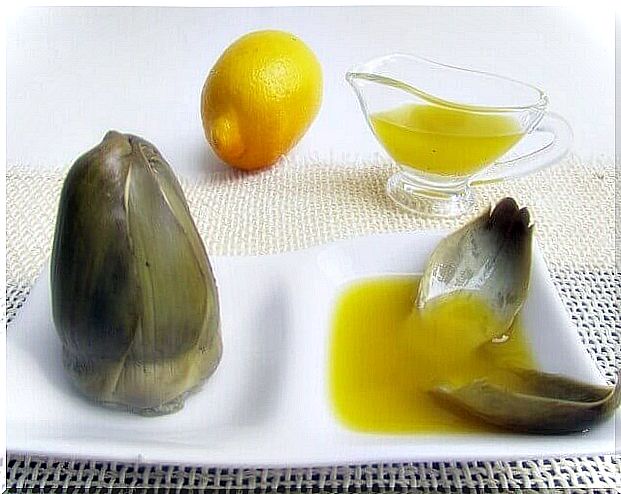
Proper lifestyle and diet can help prevent many diseases associated with the liver. To do this, follow the advice below:
- Eat fruits and vegetables every day. Eat the types that help cleanse your liver: apple, kiwi, grapes, cherries, spinach, artichoke, asparagus and radishes.
- Avoid fried and frozen foods. It is also best to avoid large amounts of proteins and carbohydrates.
- Also avoid drinks with sugar and alcohol.
- Take in a lot of antioxidants by eating oranges, lemons, blueberries and tomatoes, among others.
- Be careful with too much medication, because these are big enemies of your liver.
